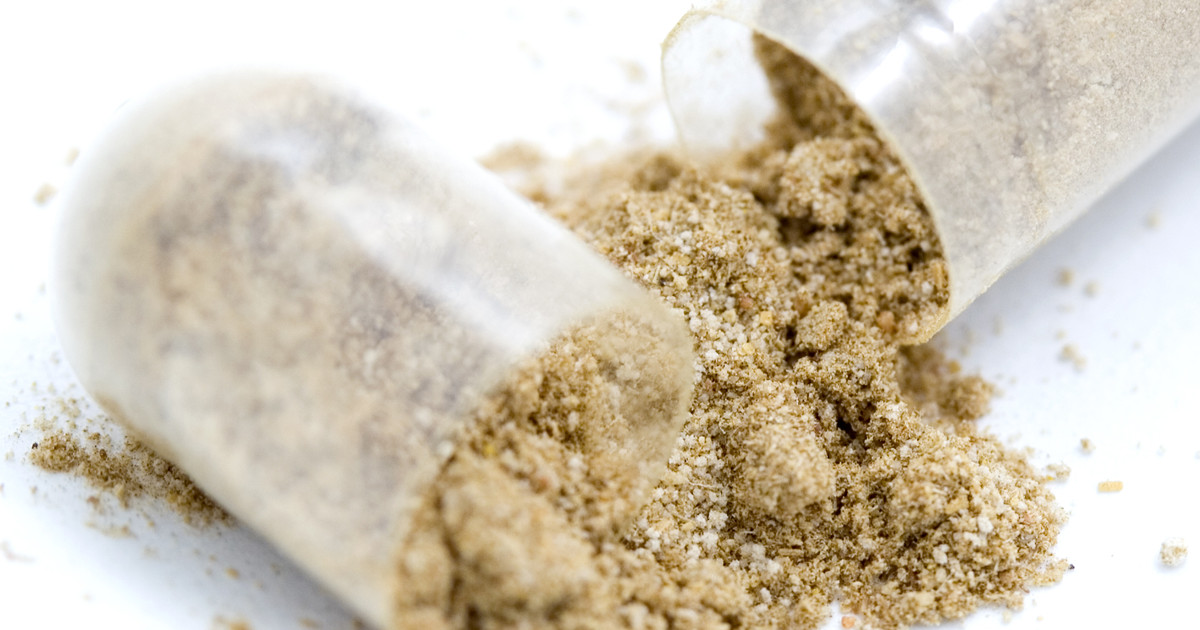Overview Of Ashwagandha
Medication Interactions
There are only a few identified interactions between ashwagandha and other medications. This is because little research has been conducted. It has been reported that ashwagandha can cause problems with the way certain thyroid medications work. There is evidence showing that this herb can counteract the mechanism of medications used with autoimmune conditions that reduce the actions of the immune system. Furthermore, ashwagandha is known to produce depressive effects on an individual's central nervous system, making drugs like anesthesia dangerous to use with it.
Manufacturers of Ayurvedic herbs and supplements are not required to adhere to rules set by the United States Food and Drug Administration. This includes those that require warnings associated with potential medication interactions. In addition, these supplements do not have to meet the same standards as food producers and pharmaceutical companies.
Continue reading to learn about dosage recommendations next.
Dosage Recommendations

Individuals can find ashwagandha over-the-counter in a variety of forms and dosages. The forms include liquid extract, powders, and a capsule. Depending on the form, individuals can expect this herb to come in doses of 250 to 1500 milligrams. Most capsules appear to fall between two hundred and six hundred milligrams. Individuals will want to adjust their dose based on why they are taking this herb.
For instance, many studies indicate that patients see success by taking six hundred milligrams daily for stress and anxiety. This is often in two doses of three hundred milligrams each. Some individuals may start seeing benefits in managing their blood sugar with doses as little as 250 milligrams, though they may need more in some cases. Overall, individuals need to talk to a doctor about what the appropriate dosage is for their needs. It is also worth noting that high doses can trigger many side effects.
Get the details on ashwagandha as an adaptogen next.
